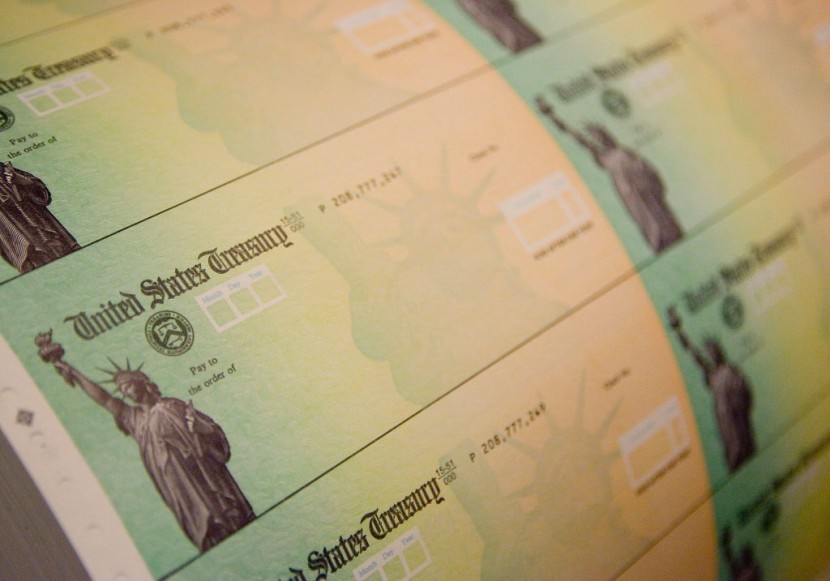
The IRS recently sent out slightly under half a million payments related to the stimulus bill enacted by Congress earlier this year. President Joe Biden signed the so-called American Rescue Plan into law in March, and the payments are IRS unemployment tax refunds.
Among the bill's other key features, it exempted the first $10,200 in unemployment compensation received by persons last year from taxes. Normally, unemployment income is taxed in the same way that all other income is. Last year, however, was not a typical year.
The economically disastrous coronavirus pandemic resulted in loss of millions of jobs. And this was considered as a way to avoid adding insult to injury by allowing folks to keep more of the unemployed money that had been helping them make ends meet.
So, as a result of the law's provision, why did the IRS have to send out waves of unemployment refund checks? In reality, this was the most recent wave. It also issued over 430,000 refunds to taxpayers totaling more than $510 million.
Per BGR, this is due to the fact that many Americans paid their taxes this year before the stimulus bill was signed in March. As a result, the IRS began going over previously filed tax returns, searching for those who had effectively overpaid.
To date, the IRS has identified over 16 million eligible taxpayers and provided over 11.7 million unemployment tax refunds totaling $14.4 billion. Although the IRS began processing unemployment tax refunds in May, it began with the easiest tax filings and is currently working through the remainder. Before the end of the year, the IRS will continue to review these tax returns, according to Forbes.
Read Also: What Stimulus Checks To Look Out for? New Payments May Be Forthcoming for Others in 2022!
How to qualify for other tax breaks
If you qualify for the unemployment tax break, the IRS will automatically update your tax return, which may alter your eligibility for the Earned Income Tax Credit, American Opportunity Tax Credit, Additional Child Tax Credit, Premium Tax Credit, and Recovery Rebate Credit.
If you didn't claim the Earned Income Tax Credit or the Additional Child Tax Credit but think you might be eligible now, the IRS will send you a note in the mail asking for further information. The IRS will make the required modifications to your tax return after they get your response; however, they haven't said how they'll deliver refunds if they're due.
You'll need to submit a Form 1040-X, Amended U.S. Individual Income Tax Return to claim other tax benefits including the tuition and fees deduction and student loan interest deduction. Use the IRS' interactive interviews or consult a tax expert to determine whether you qualify for any further tax breaks. Tax Return for Individuals. Use the IRS' interactive interviews or see a tax expert to determine whether you qualify for any additional tax benefits.
Track the status of your payments!
Wait for the letter that the IRS sends to taxpayers whose returns are amended to find out the status of your refund and whether one has been awarded. Within 30 days following a correction, you'll receive a letter informing you if you'll get a refund or whether the money was used to pay off the debt.
Sadly, the cash cannot be tracked in the same manner that other tax returns can. If you have an online account with the IRS, you may also view your tax transcript. This may be found under "View Tax Records," then select the federal tax option from the "Get Transcript" menu.
After then, go to the "2020 Account Transcript" and look for any entries that say "Refund issued" under the transactions area. If you don't have it, it implies your return hasn't been processed yet by the IRS.
After the IRS announced the cash for unemployed Americans earlier this summer, upset taxpayers expressed their dissatisfaction with the IRS's tax refund delays. Households that have filed a tax return and are due a refund receive an average of $2,900, as per The Sun.
Related Article : $1,000 Stimulus Check Per Month is Waiting for Eligible Families; What It is and Who Will be Qualified for the Payments?
@YouTube








